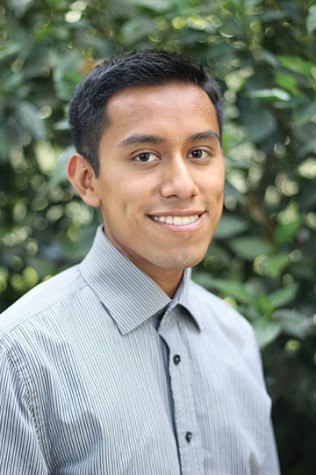San Diego State now offers a Doctor of Physical Therapy Program. Already generating high hopes, the inaugural class began its studies this semester.
The California State University Chancellor’s Office appproved the DPT degree program at SDSU this fall. The approval was made partially because the desire for a physical therapy program was voiced by the clinical community.
“The clinical community has wanted this for 20 or 30 years,” DPT Program Director Mitchell Rauh said. “They’ve tried several times unsuccessfully.”
The first two years of the program includes didactic instruction, while the last year is spent gaining clinical experience. The program also includes a comprehensive exam and a summer clinical clerkship.
Rauh said having more physical therapists will help the community.
“In the next 10 to 30 years, we’re going to have an influx of baby boomers needing both orthopedic and neurologic care. Therefore, the demand for physical therapist will be high,” Rauh said.
The program will target the community and will be able to adjust to current needs, Rauh added.
The students in the inaugural DPT course are diverse, and come from various backgrounds including physical therapy, kinesiology and business Rauh said.
Rauh incorporated a position for student president in the program. He noticed in his educational career the importance of having a leader in a program. In addition, he also wants the program to be well represented at college student functions.
“I’m excited that I get to be part of the inaugural class,” President of the physical therapy class Brittany Pogue said.
“As the president, I think the biggest thing for me is to be a good leader and role model for the other students, and to bring about different things we can all do together to bond, whether it be study groups or fun things we can do to take our minds off school for a little bit,” she added.
Pogue said her class wants to influence and work together with the health care professional population on campus.
“We’ve done it with the Future Athletic Trainers Society,” Pogue said. “We got together with them and they taught us something in their field and we taught them something in our field.”








